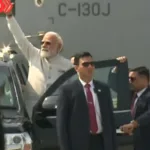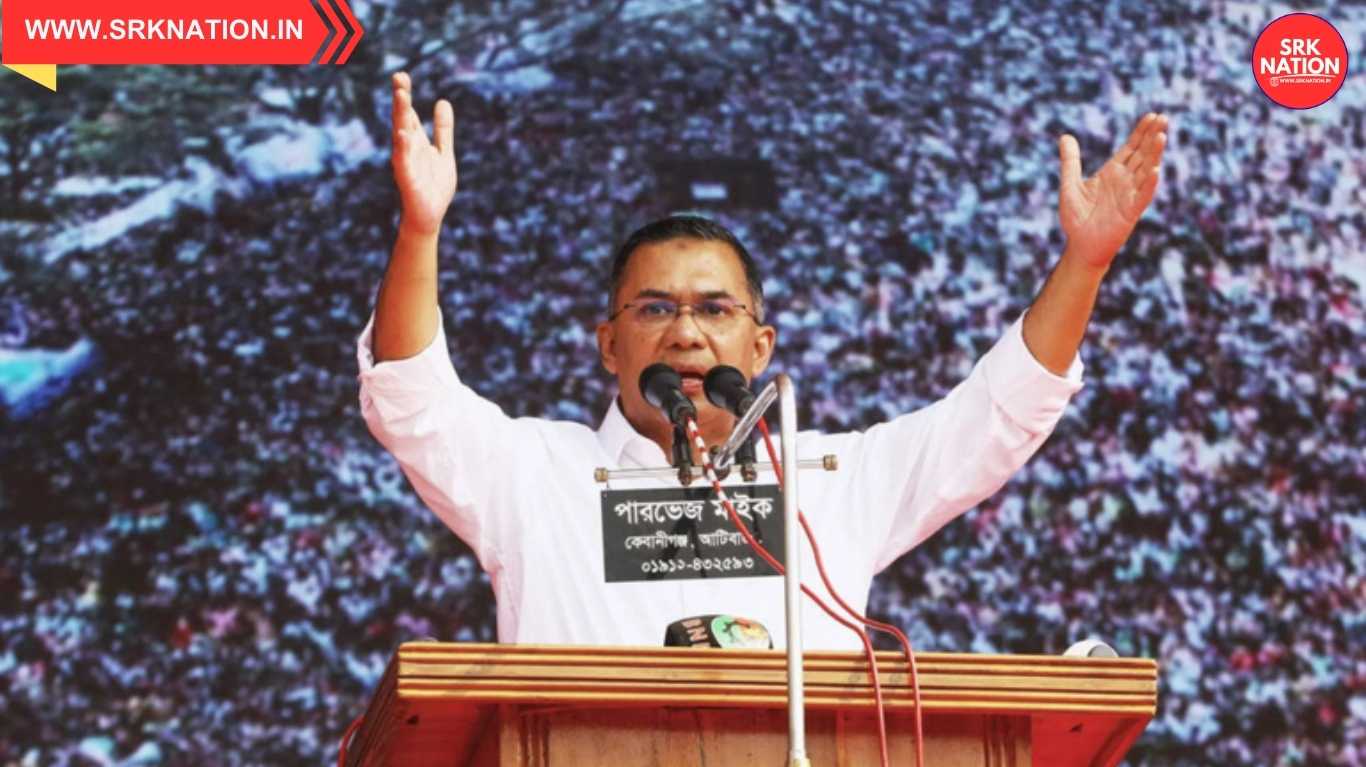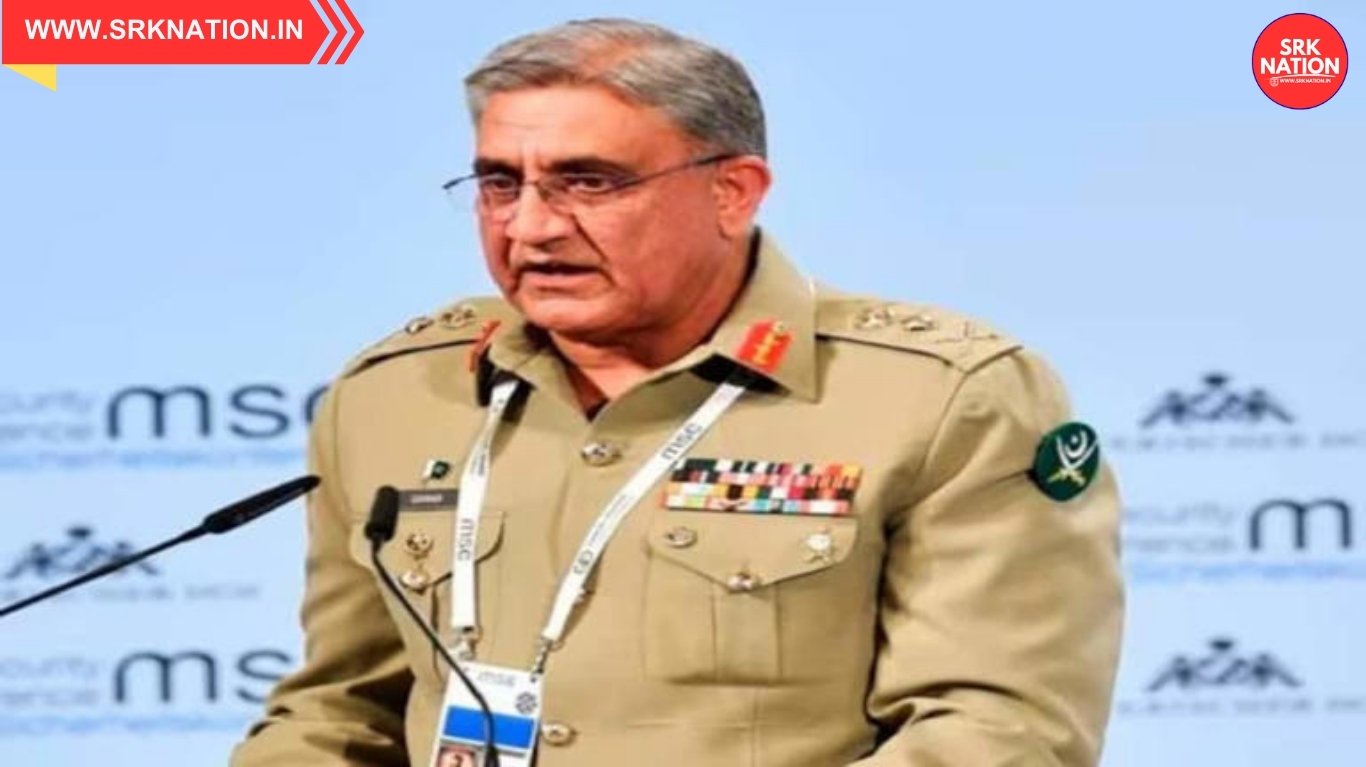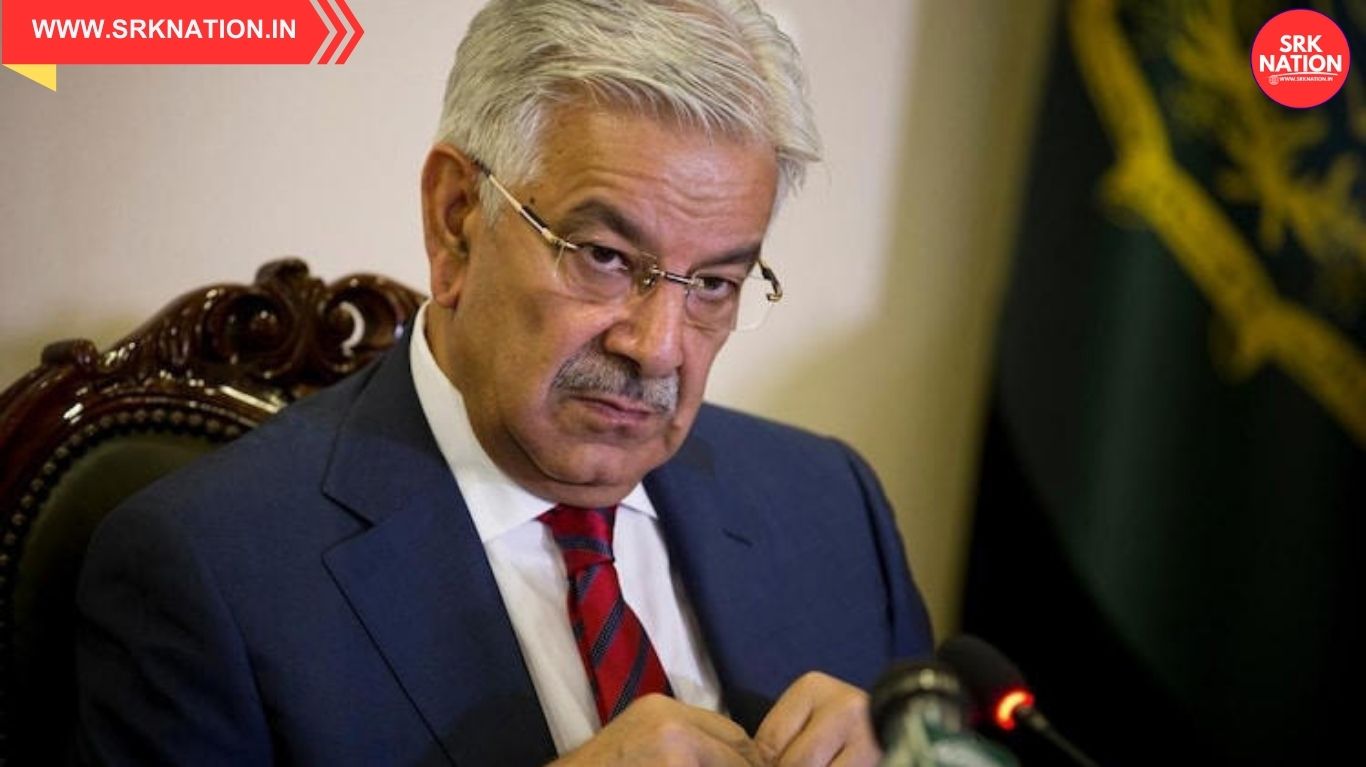In a move that has sent shockwaves through South Asia, former U.S. President Donald Trump announced steep reciprocal tariffs on Pakistani and Bangladeshi exports as part of his new trade policy. The decision has raised fears of economic instability in both nations, with experts warning of potential financial crises.
Under the revised tariff structure, Pakistani exports to the U.S. will now face a 29% tariff, while Bangladeshi goods will be subjected to a 37% tariff. These rates are among the highest imposed by the U.S. on any country, reflecting Trump’s efforts to address what he perceives as unfair trade practices. The tariffs are expected to significantly impact key export sectors, including textiles and garments, which form the backbone of both economies.
Pakistan, already grappling with a fragile economy, could see its trade deficit widen further. The U.S. remains one of Pakistan’s largest trading partners, with bilateral trade valued at $7.3 billion in 2024. Similarly, Bangladesh, a major player in the global textile industry, may face reduced competitiveness in the U.S. market, potentially leading to job losses and economic slowdown.
Trump defended the tariffs, stating that they are necessary to correct trade imbalances and ensure fair treatment of American products in foreign markets. However, critics argue that the move could strain diplomatic relations and exacerbate economic challenges in the affected countries.
As Pakistan and Bangladesh brace for the fallout, the international community will be closely watching how these nations navigate the economic turbulence ahead. Stay tuned for further updates on this developing story.











